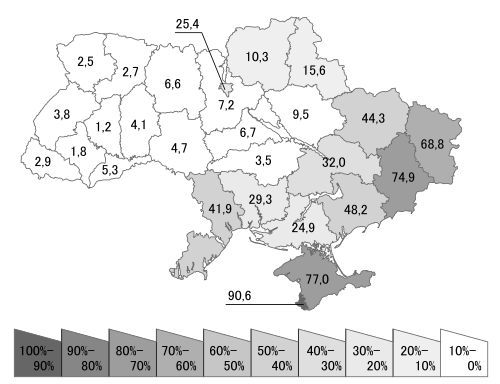
Image Credit:
Wikipedia
Earlier this semester I wrote a post which ruminated on the pedagogic possibilities of Google Docs. I’ve been experimenting with the platform for about a year now and have found the possibilities vast but the actual activities mostly chaotic. Of course, classrooms need a little chaos, and it’s often an environment worth courting. (For more on that first experience, you can check out my earlier post here).
A couple of weeks ago I decide to revisit that activity and think of new ways to use the tremendous energy and creativity that the last collaborative writing exercise fostered. First I thought it was important to not take that wonderful, disorderly session for granted. What had, exactly, produced that much energy? It seemed like a mistake to attribute it to the software. Google Docs can be plenty chaotic but I think it was mainly a result of two other things: a goal and a time limit.
To review: students were asked to break into groups and then produce a research summary of a short video within the space of one class period. Whatever they had at the end of the 75 minute class period would be turned in to me. I would not take late papers. Groups used a single Google Docs file to monitor each other’s progress and hammer out the final document. This public platform allowed them to correct one another and ask me questions about both style and content as they appeared. The result was nearly unmanageable chaos that was nonetheless extremely productive. Because of the finite time limit and simple goal, students focused their attention on the task at hand. The collaboration software was incidental. Indeed, I imagine the activity could have worked with pen and paper, but doing it on the computer made it easier for them to communicate with one another and allowed the activity to get closer to their writing practice.
The assignment was partly an outgrowth of my interest in reverse classrooms and the possibility of adapting the principle to writing instruction. I wondered what would happen if they were to take on a more complicated (even multi-day) assignment.
More complicated assignments presented a double threat to the two attributes that allowed the assignment to be effective in the first place. They muddied the simplicity of the assignment’s goal and also distorted the time limit. The second concern is a big one. Immediacy is a hard thing for anyone to wrap their head around. If I gave them two class sessions to do an assignment, the students would just Candy Crush away the first day and then work extra hard the second. I’d probably do the same myself. As interested as I was in solving the time issue, I decided to tackle one thing at a time and take a look at giving the students a more complicated goal.
Complicated goals are a tricky thing when designing activities because they can distract participants from learning the necessary skills and instead focus on the evaluative framework. There is a reason why the goal of most sports boils down to “get more points” or “shove this thing into that space.” The best games allow their complexity to emerge organically. This is an especially important thing to remember in teaching writing. The goal is often to develop and communicate an argument clearly. Everything else is at the service of that goal. That’s not to say that writing is a simple task, but it’s important that the objective stay simple. When players first learn chess they are told that the goal is to capture the opponent’s King. Teachers would be advised to save the conversation about exchanges, initiative, traps, board development and the importance of central positions for the next lecture.
I needed a good goal and one that would foster complications without exhausting my students in minutia. As the students were preparing to write their annotated bibliographies, I decided to build an activity around that assignment. Anyone who has had to grade a stack of annotated bibliographies knows, however, that they can be a bit dull. They seemed like a poor motivation for a classroom activity that I wanted to be brimming with energy and creativity. So, I decided to supply some stakes to the assignment. “Suppose,” I told my students, “You work for a US charity that is looking into the Ukraine and is considering giving aid to either Putin or the Ukraine government. Which do you give to?” The students then had about an hour to produce an annotated bibliography that ended with a policy recommendation. The assignment (5 sources and a recommendation) would need to be turned in by the end of class.
None of my students study geopolitics, but they have become astute readers and were certainly up to the task. Arguments broke out constantly and opinions differed, but the result was almost always a sharpening of a proposal or annotation. It also allowed them a space to ask me questions about annotations and research overviews as they encountered their problems. When a group ran into a big problem I had them share the document with me and I put it up on the projector and helped them work through the issue. It made for an exhausting class period but at the end I had a stack of interesting annotated bibliographies and the students had a sense of how their research skills could be applied to the murky realities of the real world.
It’s worth noting that they earnestly believed that there was one answer to the problem. I encouraged them to think in this way because it made them work all the harder to get to the bottom of things. Of course this isn’t the case, but it’s an important illusion to maintain when one is researching. The goals should stay simple, even if the reality complicates things.

